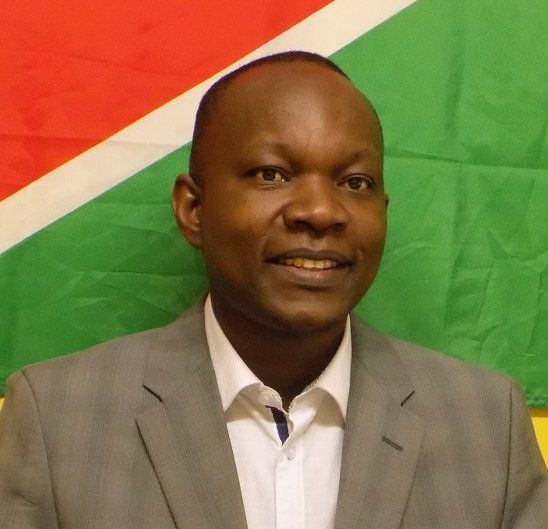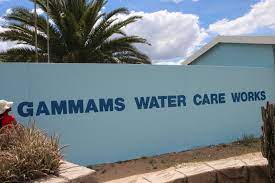
Professional management support helps Cospharm map the road to bring more generics to southern Africa

Ten years from now, Cosmas Mukaratirwa wants to be a pharmaceutical manufacturer and distributor of note sending his products to at least six countries in southern Africa. To get there, he realised his small outfit, Cospharm, needs a proper commercial structure. Hunting for opportunities to expand his entrepreneurial skills, he came across the Stanford Seed programme, offered in southern Africa in partnership with the De Beers Group.
Mukaratirwa is the Managing Director of Cospharm. It is his intention to expand his business from a small pharmaceutical distributor to a large manufacturer of generic medicine. His dream is to grow his current workforce of 82 individuals to at least 500.
In 2017 he applied to be accepted for the Stanford Seed programme, a one-year management development course for upcoming entrepreneurs launched last year in southern Africa by the De Beers Group of companies. He was accepted and started in January this year.
It started with an immersion week in January at an institution in Kenya where De Beers first partnered Stanford University in the seed programme for East and central Africa. Upon his return to Namibia, his first practical assignment started immediately in the form of a pre-workshop for about a month, applying the principles learned or discussed during the immersion week. During this time his management team was closely involved preparing the company to receive a Stanford facilitator for an intensive one-day assessment of Cospharm’s progress.
Repeat visits to Kenya in March and June further strengthened their successful participation in the seed programme.
Mukaratirwa, a pharmacist by profession, told the Economist he started Cospharm as a small pharmaceutical distributor in 2010. At the beginning of 2017 he realised his business has grown to a level where he considered enrolling for a post-graduate management course like an MBA. It was at that time that he first read about the Stanford Seed programme, and decided to apply for admission.
“This course helps me and my management team to design a transformation strategy that will take us ever closer to our goal of becoming a pharmaceutical manufacturer of note,” he said adding that Cospharm’s exponential growth since 2010 lead to the point where he had to consider looking for professional support to take them to even bigger achievements.
For the seed programme, he had to submit financials, staff profiles, a customer list and the company’s value proposition. He also had to pay the US$5000 enrollment fee, which he pointed out, was the only expense he incurred. All the rest is covered by the De Beers Group and some components are subsidised by Stanford.
Through their engagement in the seed programme this year, Mukaratirwa and his team are building a transformation strategy which they will then start implementing early next year after completing the course. His people are involved all the time in all aspects of the process. “This way, your management feels part and parcel of the organisation and of the intended transformation process,” he said.
At the end of the one-year programme, he can apply for a coach from Stanford for 20 hours per month. This cost is also covered by De Beers.
Cospharm is built on sourcing intellectual property licences from Asian manufacturers of generic medicine. Under the current arrangement, some 30 of these companies manufacture medicines for the Namibian distributor, branded for each of the jurisdictions where they are registered as distributors, – Namibia, Zimbabwe and Botswana.
“Regulatory approvals are very important. If generic medicines are not approved by the World Health Organisation and by the Food and Drug Administration in the United States, it is almost impossible to penetrate new markets,” he said. This is where his experience as an R&D pharmacist at Varicham Pharmaceuticals, a WHO pre-qualified company based in Zimbabwe, helped him to chart the first years for Cospharm as a distributor of generics.
With his background, his technical expertise and his Stanford tools, Mukaratirwa is confident they will grow into a leading regional player in generics.
Photograph of Cosmas Mukaratirwa by Donald Matthys
The Stanford Seed Transformation Programme, southern Africa. The application period will run until 1st July 2018. To learn more about the program and apply, please visit https://www.gsb.stanford.edu/seed/transformation-program/southern-africa











































